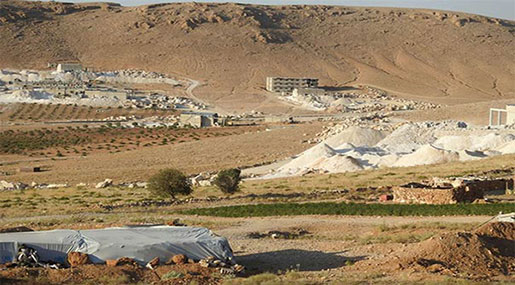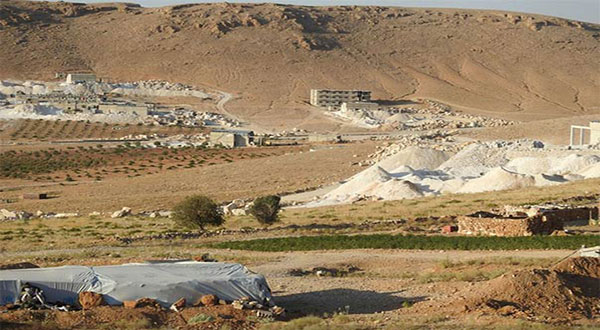From Tal Afar to the Fringes of Lebanon

Maan Hamiyeh
Organized campaigns and the uproar against the participation of the Iraqi Popular Mobilization Units [Al-Hashd al-Shaabi] in the battle to liberate the Iraqi city of Tal Afar adjacent to Syria, were raised by international and regional parties. Each of these parties has both its own reasons and calculations.

According to the US calculation, the Popular Mobilization Units [PMU] is a reserve force for the Iraqi armed forces. This force is a real army, effective and organized, with enough immunity to make its decisions independently, free from external dictations. Therefore, Washington sees that the participation of the PMU in the battle to liberate Tal Afar contradicts its declared positions, especially in terms of rejecting any form of coordination between the Lebanese army and the resistance forces in the battle to liberate the Al-Qaa outskirts and Ras Baalbek.
Regionally, Turkey is also campaigning against the participation of the PMU, not because the area of Tal Afar is predominantly Turkmen, but because it is part of the "Mosul State", which was occupied by the Ottoman Empire. As it has become clear, Erdogan's Turkey is obsessed with the "legacy" of the Sultanate, which was created through injustice, occupation and the gallows. Positions expressed by the Turkish President Recep Tayyip Erdogan, his party and Turkish officials highlight this point.
The American and Turkish positions regarding the participation of the PMU have been shunned by the Iraqi government, which insists that the Hashd is an Iraqi formation that follows the authority of the state and executes the instructions and tasks entrusted to it with utmost accuracy. It has displayed great effectiveness in liberating the city of Mosul. And it is only natural that it has a key role in the battle to liberate Tal Afar, in order to accelerate the resolution of the battle.
Insisting on the PMU's participation the government of Haider Abadi, in coordination with the Hashed and other Iraqi military formations, decided to move forward with drawing up plans for the joint operation. The Hashed began preparing for the battle to liberate Tal Afar, knowing that it has broader dimensions beyond Iraq. It has positive effects on the course of the battles fought by the Syrian army and its allies against terrorism.
In addition, the timing of the battle to liberate Tal Afar coincides with the battle to liberate Lebanon's Arsal outskirts, violating the American "veto" on the coordination between the Lebanese army and the resistance forces, after a similar "veto" was placed on the participation of the Hashd resistance in the battle of Tal Afar.
Meanwhile, Turkey is struggling with its decisions and choices. Torn between an instinctual nostalgia to regain the old Ottoman sultanate's oppression, injustice and expansion on the one hand and sensing serious dangers on the other. Therefore, it is no surprise that Ankara's position is vulnerable at a pivotal moment when Turkey is worried about the Kurdish nightmare that threatens its fate.
As such, the inevitable result of the battles for Iraq's Tal Afar and Lebanon's Arsal outskirts is the elimination of the "Daesh" terrorist organization, the removal of American red lines and the failure of the Turkish incitement in favor of stabilizing the power equations existing in Lebanon, Syria and Iraq.
Source: Al Binaa Newspaper, Translated by website team
Comments




